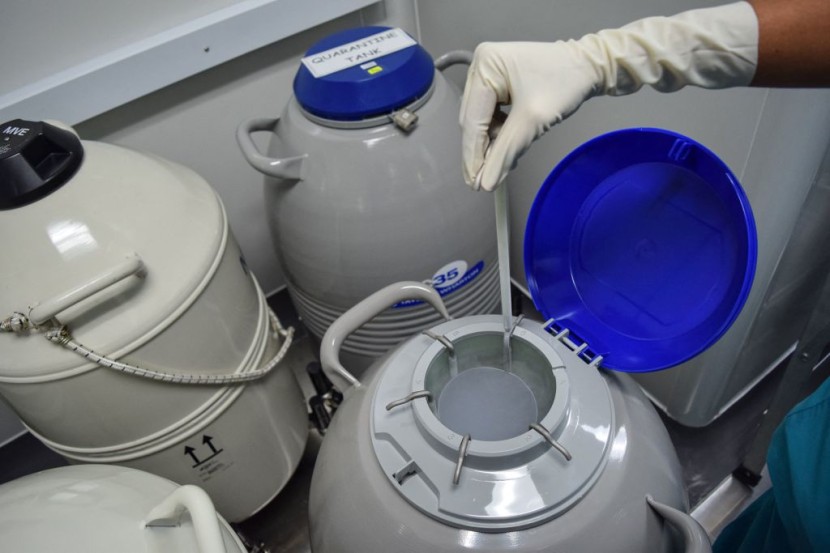Egg freezing has become a hot topic in China, where officials, concerned about the country's first population decrease in six decades, are attempting to increase birth rates even as young people put off marriage and childbearing or shun it entirely.
Unmarried women, however, are legally prohibited from receiving the operation in mainland China, driving some to seek treatment elsewhere at a far higher cost in order to extend their reproductive window, as reported by NBC News.
In China, where having children out of wedlock is frowned upon, unmarried women are barred from utilizing any assisted reproductive technology, including egg freezing. Men, regardless of marital status, are permitted to preserve their sperm.
Teresa Xu, an unmarried woman who sued a Beijing hospital after being refused as a candidate for egg freezing, challenged the rule in 2019. A Beijing court dismissed her case last year, ruling that the hospital did not infringe Xu's rights.
In May, Xu filed her final appeal, hoping that the case would become a landmark and enhance reproductive rights for single women like her. She is still awaiting a decision.
The Chinese government has been hesitant to offer egg-freezing services to unmarried women.
Egg Freezing Considered "Intrusive"
In response to a plan to make assisted reproductive technology available to single women in 2021, the National Health Commission stated that egg freezing was more intrusive than treatments performed on men, posed ethical concerns about commercialization, and could have a negative social impact.

However, the topic is still being discussed. Members of China's top political advisory council advocated again this year that unmarried women be permitted to gradually freeze their eggs in order to preserve their fertility, though they would have to marry to use them.
Concerned that its working-age population is declining too quickly, China has taken additional steps to increase the birth rate. It changed its decades-long "one-child policy" in 2016 to enable all couples to have a second child, and the cap was lifted to three in 2021.
However, the policy move has not resulted in the projected increase in birth rates, with young people citing the high expense of raising children, work stress, and a reluctance to bring newborns into a highly competitive environment as reasons for their reluctance to marry and start families. According to official media, the country had a record-low fertility rate of 1.09 last year.
Read also: Egg Freezing on the Rise in UK as Women Delay Motherhood
Chinese Provinces and Cities Take Steps to Promote Higher Birth Rates
Some Chinese provinces and cities are acting independently to promote greater births and earlier marriages. In August, a county in Zhejiang province announced a "reward" of 1,000 yuan ($137) for couples whose bride is under the age of 25.
Others are making it easier for women, regardless of marital status, to bear children. Chongqing officials declared this week that women no longer need to be married to obtain maternity benefits. Similar limitations have lately been relaxed in the provinces of Guizhou, Shaanxi, Hunan, and Jiangsu, according to state media.
Related article: Record-High Youth Unemployment in China Hits Women, Humanities Graduates Hardest








